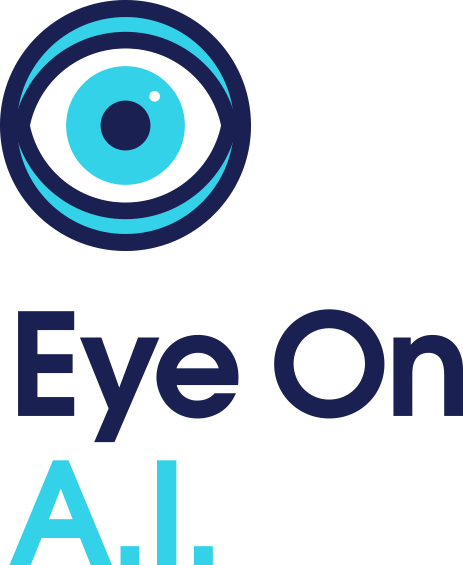Covid-19 forcing surveillance debate on open societies, computer vision company founder says
Covid-19 forces surveillance debate on open societies, computer vision CEO says
TIM LEEMASTER
Chooch co-founder and CEO Emrah Gultekin
Open societies like the US will have to engage in a renewed discussion on surveillance if they want to keep pandemics like the current Covid-19 outbreak under control, co-founder and CEO of computer vision firm Chooch Emrah Gultekin says.
“You can’t get back to a normal living by locking down people for months or years,” Gultekin says. “We’re going to have to be able to trace the virus.”
Gultekin acknowledged the importance of privacy but also stressed the need to be able to know where infected and uninfected people are in an effort to save lives.
“We need to open discussion on this as we move forward – it’s a hard discussion – and there will be a lot of people who disagree on a lot of it, but we need to have it to look for solutions,” says Gultekin. “It’s hard – we’ve never faced this before – but we need to discuss it and see what can be done.”
Just one of the many major stumbling blocks to the wider acceptance to what is effectively surveillance under specific circumstances is the apparent bias, racial and otherwise, in many of the systems that have so far been developed. Gultekin says predicative models that use a more diversified set of data can’t eliminate the problem but are more likely to reduce it to a negligible factor.
Limits and regular reviews can also be placed on any government or privately regulated organizations that are involved in whatever systems, if any, come to be developed.
Gultekin, for example, pointed to the Transportation Security Administration, which was created after the September 11 terrorist attacks in the US.
”We're going to have the the same or similar type of thing where we're going to have to be able to trace the virus,” Gultekin says. “I mean, if you can't trace the virus you're lost.”
The computer vision technology Chooch has developed can train for specific sets of images and also offers pre-trained data sets.
Its clients include the California state government, where it is working on how to anticipate wildfires with satellite imagery, and medical firms. It also recently made available data sets it has trained from pneumonia imagery it says can help with the Covid-19 outbreak.
He declined to identify specific firms the company works with but in the medical field one of its clients uses its AI to ensure staff in a surgical theater are properly attired; when anesthesia starts and stops; and tracks the whereabouts of the instruments doctors and nurses are using.
Other sectors the company has focused on include advertising, media, banking and security.
Gultekin says the company is cashed up till the end of next year. It raised USD 3m in December last year from the sale of a convertible note and raised USD 2.8m in a seed round in April. The seed round was led by Vickers Venture Partners, a Singapore-based venture capital firm focused on technology.
It, however, has plans to raise at least USD 10m in a funding round this year from US investors, Gultekin says. Current investors have already committed to that amount.
The company also plans to build out a sales team, which it currently lacks, as it is bringing in two to three new clients a month.
Both moves would likely wait until the economic impact of the Covid-19 outbreak is better understood. “We want to see the light at the end of the tunnel and what that light looks like,” Gultekin says. “Our business hasn't been affected that much yet and we're in different verticals, but we do expect things to slow down just because people are preoccupied with the virus.”
Chooch is an amalgam of "choose" and "search". It also translates to something like “idiot” from the southern dialect Italian word ciuccio, which chooch is derived from, and literally means “jackass”. The company related to that meaning as well thinking that AI, until it is trained properly, can develop idiotic results.
Gultekin started the company with his brother Hakan in 2015. Hakan serves as chief technology officer and was, for a long time, involved in the development of computer vision technology and in trying to convince his brother Emrah to start a business together.
“He’d come to me every five years and ask if I wanted to get involved and I’d say ‘It sounds cool but I don’t know what you’re talking about and good luck,’” Gultekin says. Eventually, over time, he started to see the commercialization potential of the technology take shape and came around.
The company licenses cloud-based technology at a minimum of USD 25k a year at USD 10 per batch of 10,000 inputs. For edge computing the company charges $3k per device and $1k per camera a year, according to its website.
Gultekin says the company is generating “significant” revenue but didn’t provide specific numbers.

